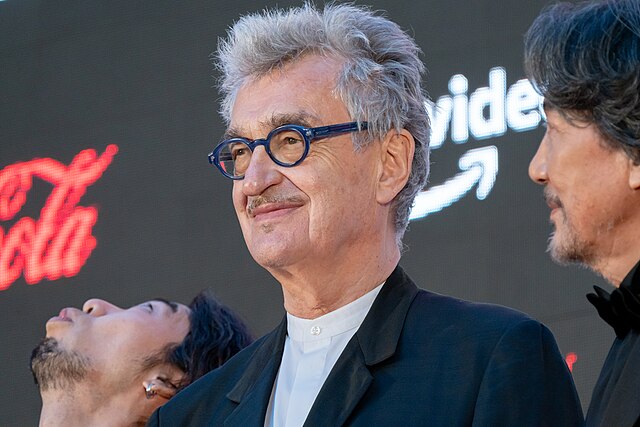Wim Wenders’ newest film “Perfect Days” released in North America Feb. 7. The film was released in Germany – Wenders’ home country – and Japan – the place where the film was made – in late December, just in time to be up for Oscar consideration.
The Academy’s selection for the best film from Japan and a nominee for the Oscar for Best Foreign Film, “Perfect Days” follows a Tokyo toilet cleaner as he lives his life.
For two hours, the audience follows Hirayama (Koji Yakusho) as he goes through his route cleaning the public toilets of Tokyo. The film does not add any major or complex twists to this story; rather, the film’s interest is in the minutiae of everyday life.
This patient, calm style is highlighted in Wenders’ shot selection. With documentary-esque cinematography, the camera does not take up space.
The film, instead, focuses on the small scenes of Hirayama’s day: the procedure he has before leaving for work – brush teeth, get dressed, water his plants, buy a coffee from the vending machine – or the bike ride around his neighborhood where he does his errands.
More than anything though, the film pauses to remind us there are good moments in life and they happen often.
Following Hirayama through a day, the audience finds moments of solace we tend to forget about. When Hirayama gets into his car, he takes a moment to savor his coffee, find the right music and stare at the architecture of the Tokyo skyline.
Yakusho’s Cannes’ Best Actor winning performance as Hirayama is stellar.
This performance is led by Yakusho’s demeanor. Calm with a soft kindness, Hirayama is the film. There is nothing to this movie except for Hirayama.
When he walks outside every morning, the subtle smile on his face as he looks up at the sky takes over the screen.
Yakusho knows his performance is about the little things. The wrinkles of joy in his eyes when he sits in the hot tub at his bathhouse and the calm patience when he stands outside of an occupied bathroom in Tokyo paint Hirayama as an almost monk-like character.
You can’t talk about “Perfect Days” without touching on the score.
Lou Reed’s “Perfect Day,” which lends itself to the film’s title; Patti Smith’s “Redondo Beach,” which Hirayama introduces to one of his young friends; and Nina Simone’s “Feeling Good,” which plays the movie out as Hirayama starts a new day, are the highlights of one of my favorite soundtracks of the year.
On par with only “The Iron Claw,” the film’s soundtrack perfectly frames the story: something old and battered – Hirayama’s cassette tapes – bring out the joy that we often forget about.
I often find myself questioning if what I have is all life offers, if there’s something I’m missing.
“Perfect Days” answers that question with both a yes and a no. Yes, you’re missing something, but, no, there’s nothing more to life.
Life is only what it is, and we must find joy in it.
This mantra is also the mantra of the film itself, not just the character within it.
Besides a few minutes of Tokyo skyline throughout the film, all we see is Hirayama living his quiet life.
As a young person, I find Hirayama to be a person to aspire to be.
He puts all of his passion into a job, regardless of how menial it is. Hirayama is kind, offering what he can to people in need.
He gives his coworker money for a date and then doesn’t have money for gas in his car. He lets his niece stay with him when she runs away and ends up sleeping on the floor, letting her take the bed.
Hirayama, and “Perfect Days” as a whole, remind the audience that there’s goodness in the world, that you can be content with something that isn’t perfect.
Out of the four Best Foreign Film nominees I’ve seen, “Perfect Days” is easily the best.
More than that, it is my favorite film released in 2023, beating out “Oppenheimer,” “The Iron Claw,” “Past Lives,” “Killers of the Flower Moon” and everything else you could think of.
“Perfect Days” is one of those films that go under the radar during award season, but in a couple of years, “Perfect Days” will be considered the classic it is.















